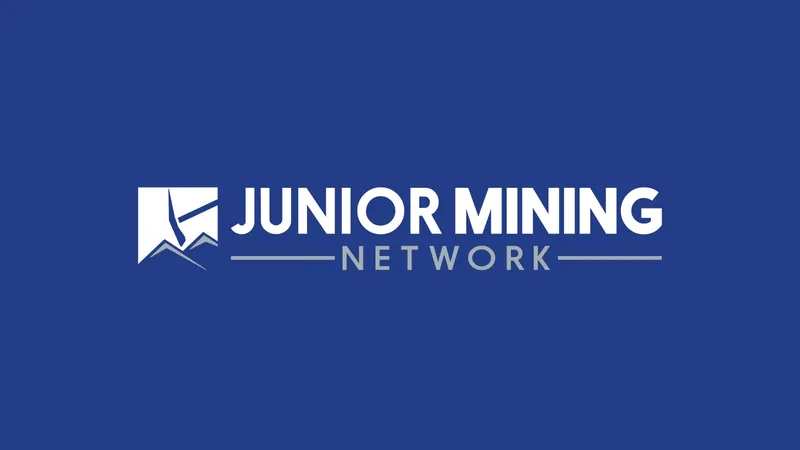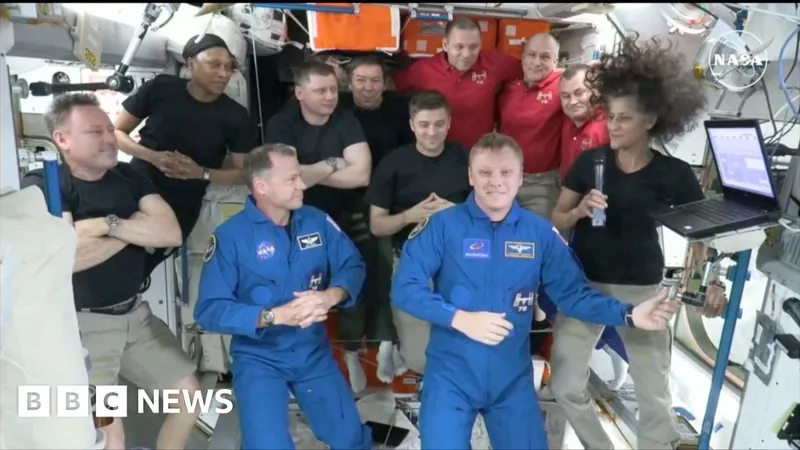
Intuit Engineering Revolutionizes Kubernetes Management with Generative AI
2024-09-29
In a recent announcement, Intuit has unveiled its innovative approach to tackling the intricate management of Kubernetes clusters by harnessing the power of Generative AI (GenAI). This strategy aims to simplify the processes of detection, debugging, and remediation, significantly improving operational efficiency.
Facing Kubernetes Complexity Head-On
With an extensive infrastructure of over 325 Kubernetes clusters servicing more than 7,000 applications, Intuit has been grappling with the complexities of maintaining cluster health and managing the overwhelming number of alerts that contribute to alert fatigue among on-call engineers. Lili Wan, a Senior Staff Software Engineer, and Anusha Ragunathan, a Principal Software Engineer, highlighted the technical challenges they encountered while managing such a vast Kubernetes ecosystem.
The rapid expansion of applications and constant changes to clusters have exacerbated these challenges, leading to significant difficulty in monitoring and troubleshooting. The engineers at Intuit identified three crucial areas for enhancement: detection, debugging, and remediation.
Streamlining Detection with Golden Signals
To tackle these challenges, Intuit introduced an innovative system known as "Cluster Golden Signals." This system, inspired by the service golden signals concept, provides a streamlined perspective on cluster health by filtering extraneous data and honing in on critical alerts. This ensures that engineers are alerted only to the most relevant issues, thereby reducing alert fatigue.
Utilizing advanced monitoring dashboards, core components of the Kubernetes clusters are categorized into health indicators—Healthy, Degraded, or Critical—based on Prometheus metrics. This consolidated view empowers engineers to swiftly diagnose issues, enabling quicker identification of whether problems are service or platform related and significantly decreasing the Mean Time to Detect (MTTD).
Advanced Debugging with K8sGPT
For deeper debugging capabilities, Intuit integrated the open-source tool K8sGPT, which stands out as one of the top 10 most contributed projects from the Cloud Native Computing Foundation (CNCF). K8sGPT meticulously scans the clusters to diagnose and triage issues using knowledge bases established by Site Reliability Engineers. This AI-driven tool enhances traditional debugging processes by providing enriched insights, combing through relevant error messages, and leveraging external AI models to gather detailed information on identified errors.
The Future of Remediation: GenAI Operating System
Once issues are identified and diagnosed, the next crucial step is remediation. K8sGPT employs public Large Language Models (LLMs) from leaders such as OpenAI, Google, and Microsoft to propose solutions for specific Kubernetes errors. However, these models often lack context regarding Intuit’s specific configurations, necessitating a tailored approach.
To overcome this limitation, Intuit developed its own proprietary GenAI operating system (GenOS). This unique system hosts local models enriched with Intuit-specific data via retrieval-augmented generation (RAG) methods, allowing for more relevant and context-aware remediation suggestions.
Looking Ahead: Expanding the Applications of GenAI
Intuit remains committed to monitoring its progress in reducing both the Mean Time to Detect (MTTD) and the Mean Time to Resolution (MTTR). Additionally, the company is exploring the broader applications of Generative AI beyond Kubernetes management, including potential uses in traffic management and Java virtual machine debugging.
As organizations continue to navigate the complexities and demands of cloud-native infrastructure, Intuit's pioneering approach could serve as a model for companies looking to enhance their Kubernetes management through innovative AI solutions.
Will Generative AI Be the Key to Future-Ready Cloud Management?
Stay tuned to see how Intuit’s advancements might inspire a new era of Kubernetes management and whether other tech giants will follow suit in implementing similar AI-driven strategies!









 Brasil (PT)
Brasil (PT)
 Canada (EN)
Canada (EN)
 Chile (ES)
Chile (ES)
 España (ES)
España (ES)
 France (FR)
France (FR)
 Hong Kong (EN)
Hong Kong (EN)
 Italia (IT)
Italia (IT)
 日本 (JA)
日本 (JA)
 Magyarország (HU)
Magyarország (HU)
 Norge (NO)
Norge (NO)
 Polska (PL)
Polska (PL)
 Schweiz (DE)
Schweiz (DE)
 Singapore (EN)
Singapore (EN)
 Sverige (SV)
Sverige (SV)
 Suomi (FI)
Suomi (FI)
 Türkiye (TR)
Türkiye (TR)